News
The SWOG Cancer Research Network is opening to accrual the MiCHOICE Trial to study the use of decision support tools by women with high-risk breast conditions and their healthcare providers to choose among chemoprevention... Read More
POSTED: 12/08/2020
SOURCE: Cancer Prevention Science Blog

If you were concerned that you might be at increased risk for a specific kind of cancer, what would you do to confirm that risk, and what would you be willing to do to reduce that risk? The answer is likely to be, "it... Read More
POSTED: 11/19/2020
SOURCE: Cancer Prevention Science Blog

In a commentary written by several of its clinical scientific leaders, changes were proposed to the National Cancer Institute (NCI) clinical trials program to improve clinical trial availability, effectiveness, and diversity... Read More
POSTED: 11/16/2020
SOURCE: DCP News

RESEARCH UPDATE: ON THE CLINICAL FRONT A Metaproteomic Approach to Assessing Gut Microbial Protein Expression in Dietary Patterns Announcements The Transdisciplinary Research on Energetics and Cancer (TREC) Training... Read More
POSTED: 10/29/2020
SOURCE: DCP News

NCI Cancer Moonshot℠ Biobank Launches Exclusively through 20 NCORP Sites
NCI has launched the Cancer Moonshot℠ Biobank to procure and distribute longitudinal patient biospecimens for cancer research exclusively through 20 community research sites in the NCI Community Oncology Research Program (... Read More
POSTED: 10/19/2020
SOURCE: NCI DCTD News

Projects Making Progress in Breast Cancer Detection and Prevention, By: Philip E. Castle
In the month of October, breast cancer awareness is the health message that looms large. Yet, researchers across the National Cancer Institute and across the world are focused on breast cancer all the time. In the United... Read More
POSTED: 10/19/2020
SOURCE: Cancer Prevention Science Blog

The National Cancer Institute was directed by Congress "to develop, validate, improve, and implement serological testing and associated technologies" to characterize the immune responses elicited by SARS-CoV-2 viral... Read More
POSTED: 10/08/2020
SOURCE: DCP News
NCORP Annual Meeting Focuses on Clinical Trials, COVID-19 and Telemedicine
The impact of the COVID-19 pandemic on cancer research and clinical trials, and the growing use of telemedicine garnered much of the focus during Part 1 of the annual meeting of the NCI Community Oncology Research Program (... Read More
POSTED: 09/29/2020
SOURCE: NCI NCORP News

Research to uncover how and why benign gynecologic conditions like endometriosis or uterine fibroids progress to invasive and deadly ovarian cancer or uterine sarcomas, is a critical and overlooked issue in women’s health. A... Read More
POSTED: 09/28/2020
SOURCE: Cancer Prevention Science Blog
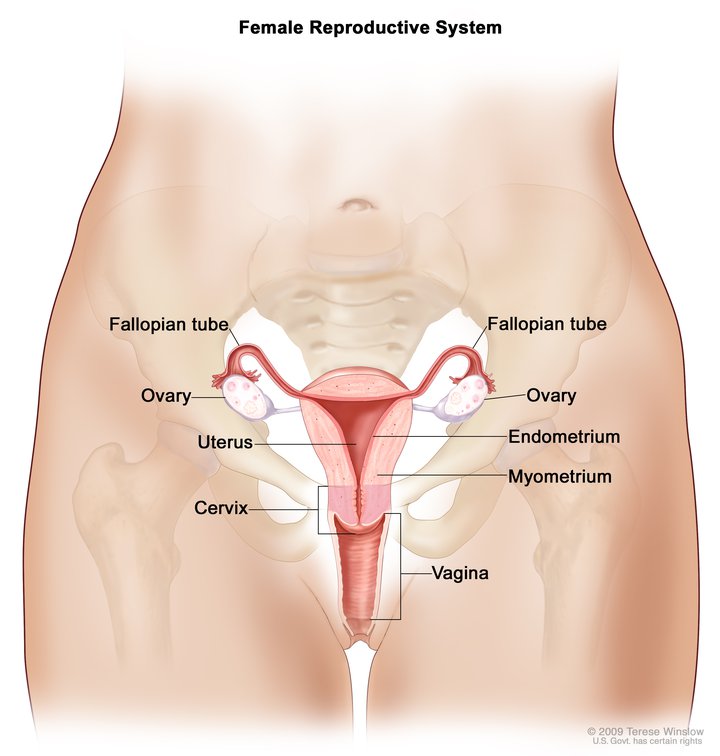
As the availability and sophistication of smart technology for health (such as wearables, sensors, and micro-robotic tools) continues to increase, these devices could prove transformative in cancer prevention. Two ongoing... Read More
POSTED: 09/08/2020
SOURCE: Cancer Prevention Science Blog
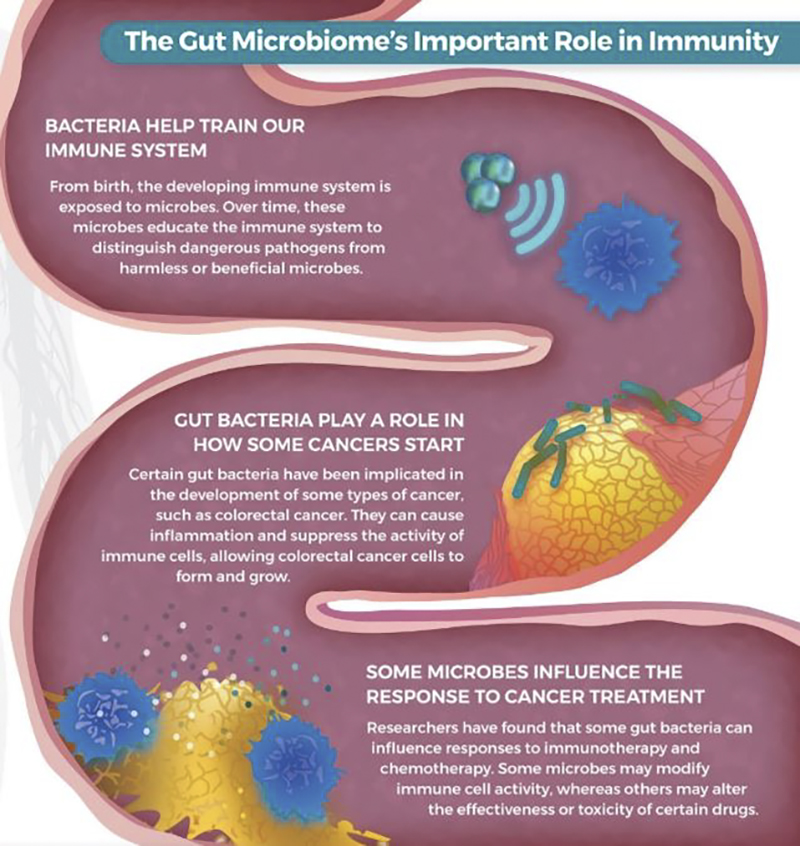
Regular Aspirin Use May Increase Older People’s Risk of Dying from Cancer
Numerous studies have suggested that people who regularly take low doses of aspirin may have reduced risks of being diagnosed with or dying from cancer. But new findings from a randomized clinical trial, called ASPREE,... Read More
POSTED: 08/18/2020
SOURCE: Cancer Currents Blog

RESEARCH UPDATE: ON THE CLINICAL FRONT Zinc Induces Potential Chemopreventive Activity in Barrett’s Esophagus Zinc’s chemopreventive activity for esophageal cancer has been well demonstrated in animal models. In humans,... Read More
POSTED: 07/30/2020
SOURCE: DCP News

Responding to Coronavirus, Cancer Researchers Reimagine Clinical Trials
When the coronavirus pandemic reached the United States, thousands of people with cancer were participating in clinical trials, including many at St. Jude Children’s Research Hospital in Memphis, Tennessee. At St. Jude,... Read More
POSTED: 06/29/2020
SOURCE: NCI Cancer Currents Blog
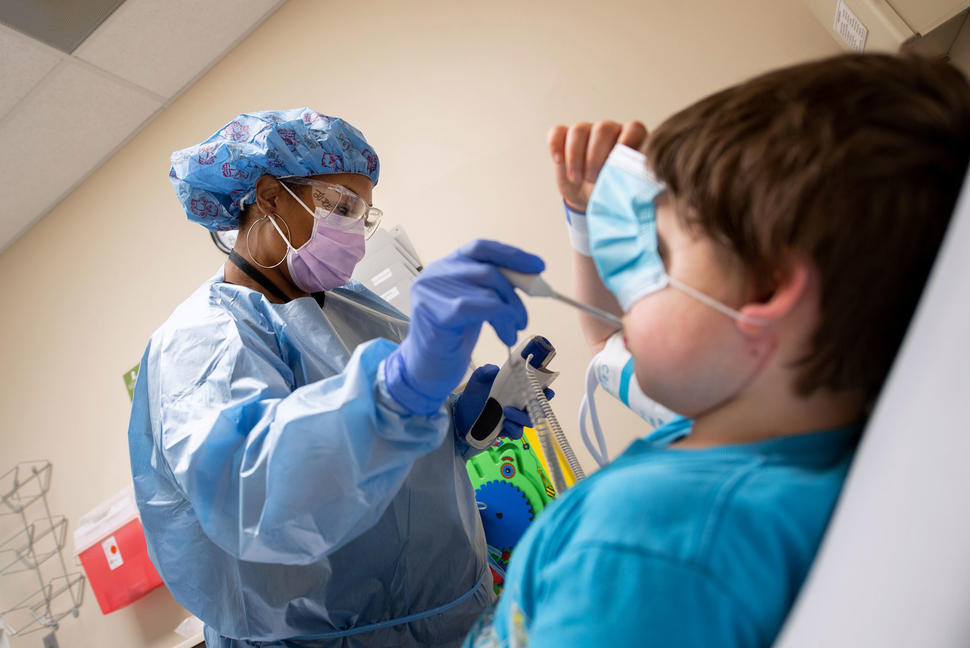
NIH scientists develop blood test to help improve liver cancer screening
Scientists have developed a new test that can help identify people who are likely to develop hepatocellular carcinoma (HCC), the most common form of liver cancer. The approach uses a simple blood test to check for the... Read More
POSTED: 06/11/2020
SOURCE: NCI Press Release
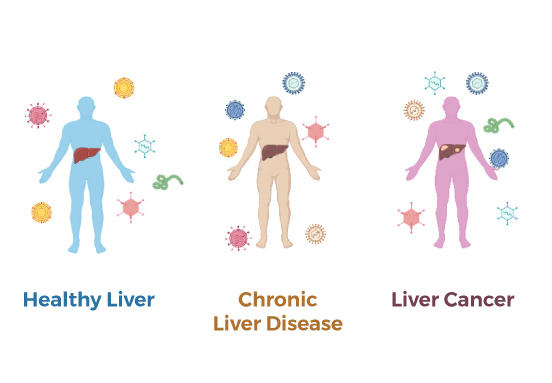
A new technology coupled with a new biomarker test now in clinical trials are giving patients timely access to a quick, accurate and less invasive way to identify risk for one type of esophageal cancer. EsoCheck™ and... Read More
POSTED: 06/01/2020
SOURCE: Cancer Prevention Science Blog
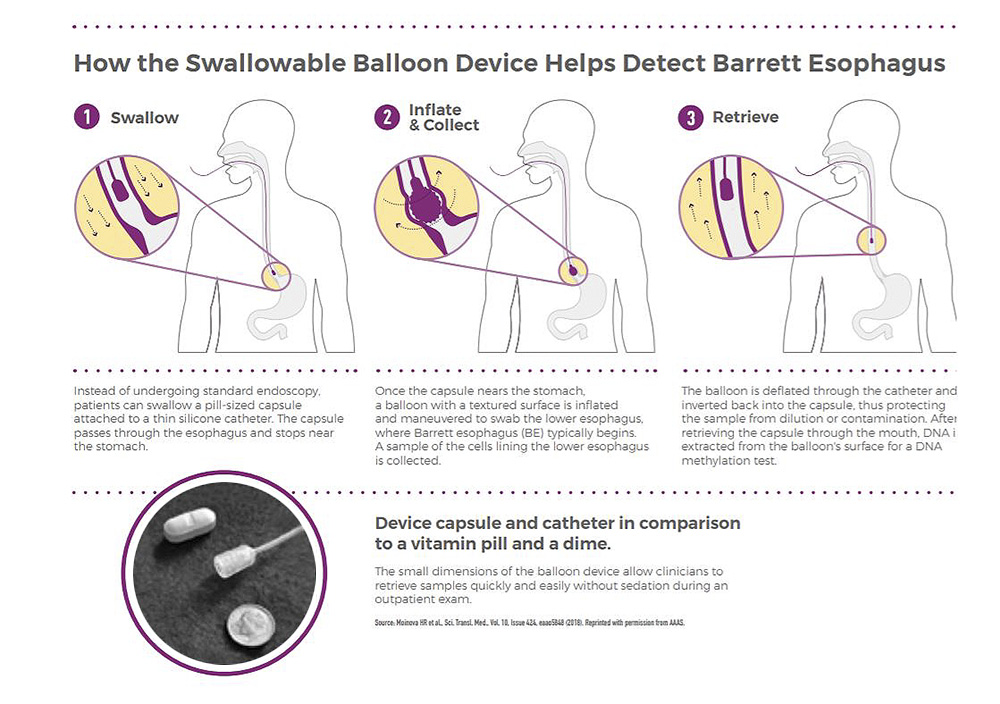
How Does COVID-19 Affect People with Cancer? NCCAPS Will Help Find Out
With the sudden explosion of the COVID-19 pandemic, we are all living with a great deal of fear, uncertainty, and anxiety. As an oncologist and cancer researcher, I know that those feelings are heightened for many people... Read More
POSTED: 05/21/2020
SOURCE: NCI Cancer Currents Blog

Cancer Prevention Fellows and CPFP Staff attending the 2019 Fellows' Scientific Symposium. The annual symposium is held each fall and provides for a day of scientific exchange in the area of cancer prevention, offering the... Read More
POSTED: 05/07/2020
SOURCE: DCP News

COVID-19 is an emerging, rapidly evolving situation. In addition to the information sources listed in the web header, the National Cancer Institute and the Division of Cancer Prevention have issued guidance for DCP... Read More
POSTED: 05/07/2020
SOURCE: DCP News

NCORP Partners in ACTIV Response to COVID-19
The National Institutes of Health and the Foundation for the NIH (FNIH) are bringing together more than a dozen leading biopharmaceutical companies, the Health and Human Services Office of the Assistant Secretary for... Read More
POSTED: 05/04/2020
SOURCE: NIH Press Release

Updated: July 9, 2020 NCI participated in the American Association for Cancer Research (AACR) Annual Meetings, held virtually on April 27 - 28, 2020 (Meeting I) and June 22 - 24, 2020 (Meeting II), including presenting the... Read More
POSTED: 04/29/2020
SOURCE: DCP News

RESEARCH UPDATE: ON THE CLINICAL FRONT No Association Between Vitamin D Supplementation and Risk of Colorectal Adenomas or Polyps Vitamin D has been associated with lower incidence and mortality of colorectal cancer, yet... Read More
POSTED: 04/23/2020
SOURCE: DCP News

Single Dose of HPV Vaccine Yields Long-Term Protection from Many Cancer-Causing Types
More than a decade after vaccination, women who had received a single dose of human papillomavirus (HPV) vaccine continued to be protected against cervical infection with the two cancer-causing HPV types targeted by the... Read More
POSTED: 04/10/2020
SOURCE: NCI Cancer Currents Blog

Women Experience More Side Effects from Pelvic Radiation than Realized
Women undergoing radiation therapy for cervical or uterine cancer have a much higher incidence of serious side effects than previously realized, according to results from a new clinical trial. This information may help women... Read More
POSTED: 04/08/2020
SOURCE: NCI Cancer Currents Blog

Experimental Drug Prevents Doxorubicin from Harming the Heart
The chemotherapy drug doxorubicin is used to treat many types of cancer, but some patients who receive the drug develop heart problems. Using new insights into how doxorubicin damages the heart, researchers have identified... Read More
POSTED: 04/06/2020
SOURCE: NCI Cancer Currents Blog

While researchers have identified some of the genetic changes that lead to cancer development, a key knowledge gap remains: finding the genetic changes that drive the development of cancers that arise at an earlier age than... Read More
POSTED: 03/05/2020
SOURCE: Cancer Prevention Science Blog


 Posted
Posted